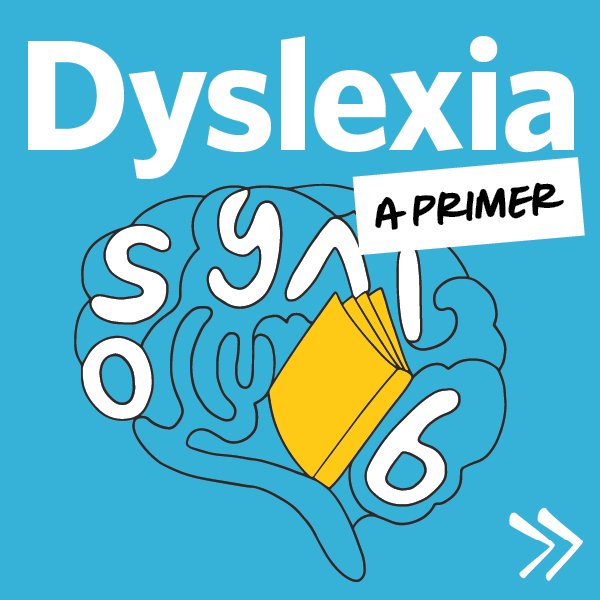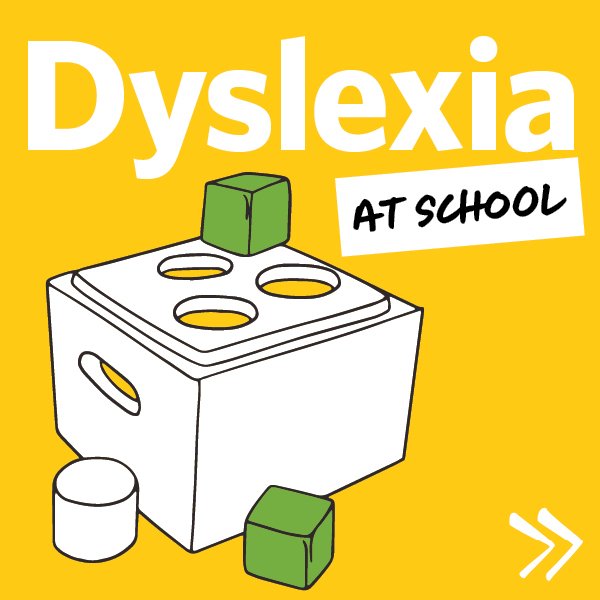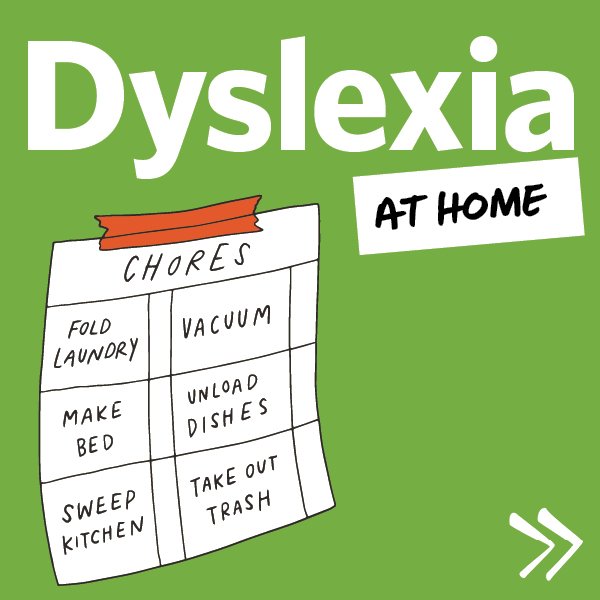- Our School
- Our Advantage
- Admission
- Elementary•Middle School
- High School
- Summer
- Giving
- Parent Resources
- For Educators
- Alumni
« Back
Dyslexia at Work
March 21st, 2023

Dyslexia at Work
The world view of hiring people with dyslexia is slowly changing with opportunities for these “out-of-the-box” thinkers starting to open. Finding the right fit is the key to success.
by Susan Tomases
Reframing the Narrative About Dyslexia in the Workplace
For those of us in the workforce, having a LinkedIn profile feels pretty typical. So when LinkedIn added Dyslexic Thinking in the spring of 2022 as one of many skills that users could select to describe their work attributes and reframe the narrative, it was a significant departure from the norm. What’s even more amazing is that once they began to promote this opportunity to their users, they had over 10,000 people apply this skill within the first hour. Polls suggest that 97% of people view dyslexia negatively. When LinkedIn added Dyslexic Thinking as a skill in the platform, positive sentiment toward dyslexia rose by 1,562% on social media.1 Bloomberg calls LinkedIn’s decision, “a breakthrough in acknowledging dyslexia in the workplace.”
What the Research Shows Us
The common belief that having dyslexia is disabling is based on cultural assumptions, often related to school performance. A research study conducted at Cambridge University in the United Kingdom argues that the form of cognition represented by developmental dyslexia plays an essential role in enabling humans to adapt. The study posits that the work world is an ever-changing environment that now looks at many of the strengths of people with dyslexia and recognizes them as potential advantages.
“Additional studies of creative ability also show evidence of a heightened ability to connect and carry out unusual combinations of ideas (Cancer et al., 2016), as well as heightened ability in tasks requiring novelty, insight, and more innovative styles of thinking (Everatt et al., 1999).” 2
In a study published in the November 2022 issue of Risk & Insurance, the author notes that, “Numerous scientific studies suggest that dyslexic people have creative capabilities and critical thinking skills as compared to non-dyslexic individuals. Their other traits on par with or better than non-dyslexics’ include empathy, sensitivity, and awareness of other people’s emotions. Altogether, these varied qualities are associated with exceptional problem-solving, teamwork, and leadership—skills in high demand in the specialty insurance market.”3
Ernst & Young conducted research where they mapped the top 10 trending and top 10 declining competencies against typical capabilities of people with dyslexia. They found that of the skills that people with dyslexia struggle with, spelling and reading skills as well as time management could be supported by technology. There will be increased demand for strengths like leadership and social influence, creativity, initiative, and analytical thinking.
Justine Campbell, Ernst & Young’s, UK and Ireland managing partner of Talent said, “Attracting neurodiverse talent, including individuals with dyslexia, provides an opportunity for organizations to harness the fullest range of skills and perspectives. Our business looks to diversity of thought to remain competitive, continuously innovate, and drive better business performance.4
Unique strengths of many people with dyslexia:
- Analytical and critical thinking
- Complex problem solving
- Empathy/sensitivity
- Innovation
- Learning strategies
- Leadership
- Persistence
- Resilience
- Team player
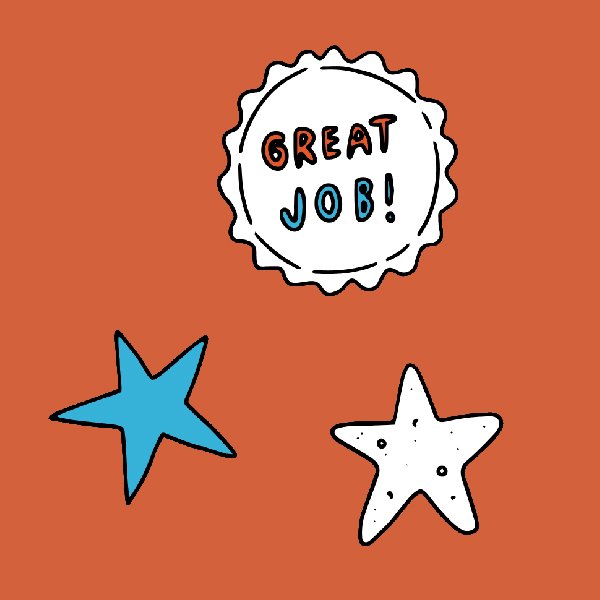
Entrepreneurial Advantage
According to Julie Hogan, professor of Entrepreneurship at the Cass Business School in London, 35% of American entrepreneurs have dyslexia.5 Innovation, persistence, and perseverance are common traits of some of the most successful self-starting people in a range of professions from education to healthcare, finance, biotech, and everything in between. “People with dyslexia are often highly creative thinkers, likely because in compensating for or overcoming the challenges of dyslexia we develop a strategic intelligence, as well as a stubborn persistence. It is no surprise to me that entrepreneurs exhibit higher rates of dyslexia than the general population. We’re wired to approach challenges in new ways, to work around obstacles, and to solve problems,” says Elliot Weissbluth, HEC Paris Business School visiting lecturer and founder and former chair of Hightower Advisors.6
Advice from Elliot Weissbluth:
- Take your time.
- Be purposely attentive.
- Keep a journal to reflect back on.
- Reject the myth of multitasking—it doesn’t work for most of us.
- Recognize your strengths and develop them rather than improve a weakness.
Reality Check
None of what we’ve shared so far in this article is meant to sugar coat the challenges of having dyslexia at school, home, or work. Anyone with a learning disability will tell you that they have to work twice as hard, are often ashamed of their learning style, can be overly focused on their shortcomings rather than their strengths, and can suffer from low self-esteem.
Challenges for people with dyslexia in the workplace can specifically include:
- Slower processing speed
- Poor working memory
- Stress, anxiety, poor self-esteem, and fear of being judged
- Concentration
- Following complex instructions
- Spelling
- Using fast-paced project management and social media tools
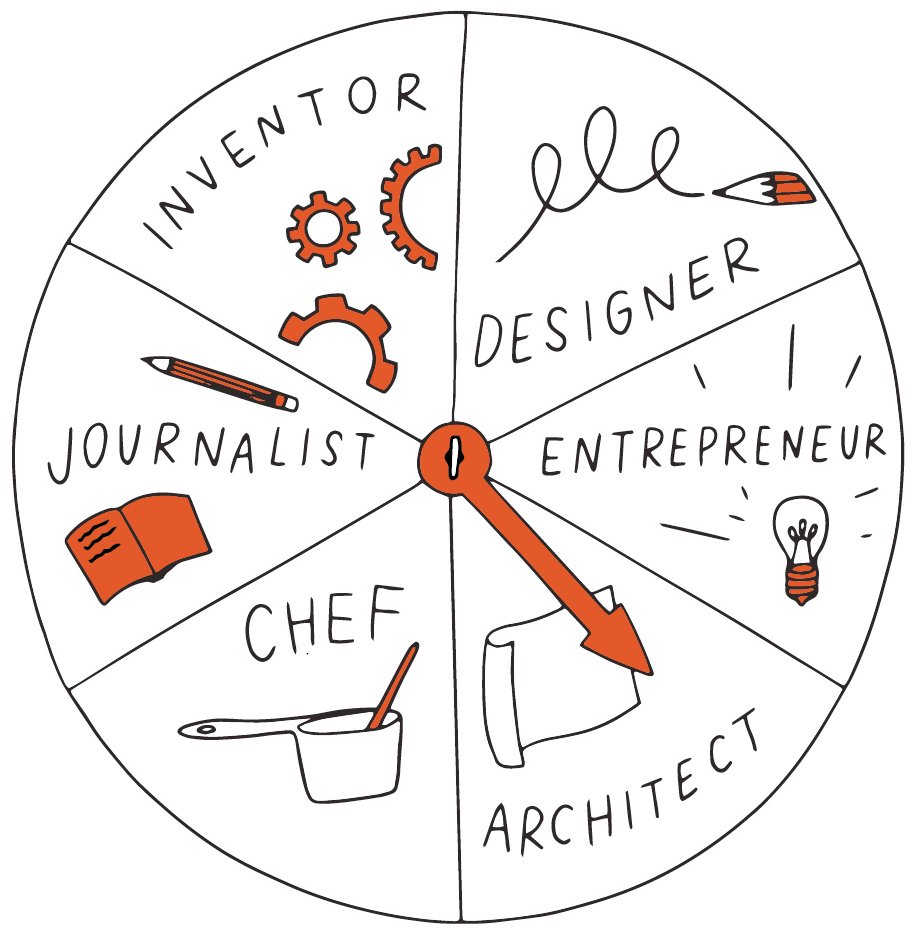
Popular Careers for People With Dyslexia
Kate Griggs, founder of the advocacy group Made By Dyslexia said, “We need to change the world’s perception of dyslexia from a disability into a valued difference."
Kate continued, "With skills such as ‘big picture’ thinking, strong problem solving, three-dimensional, spatial awareness, and visualization skills, people with dyslexia often gravitate to media, communications, and creative industries. For example notable architects with dyslexia include: Norman Foster (Apple headquarters), Jørn Utzon (Sydney Opera House),
Lord Richard Rogers (Pompidou Centre in Paris).”
This may be easier said than done, however. Finding the right fit often takes extra time, but people with dyslexia are used to that and often have the determination to push through in ways that traditional learners do not. Of course, exploring and experimenting with a variety of careers and talking to a trusted friend or hiring a coach to help you zero in on finding careers that match your strengths are helpful steps.
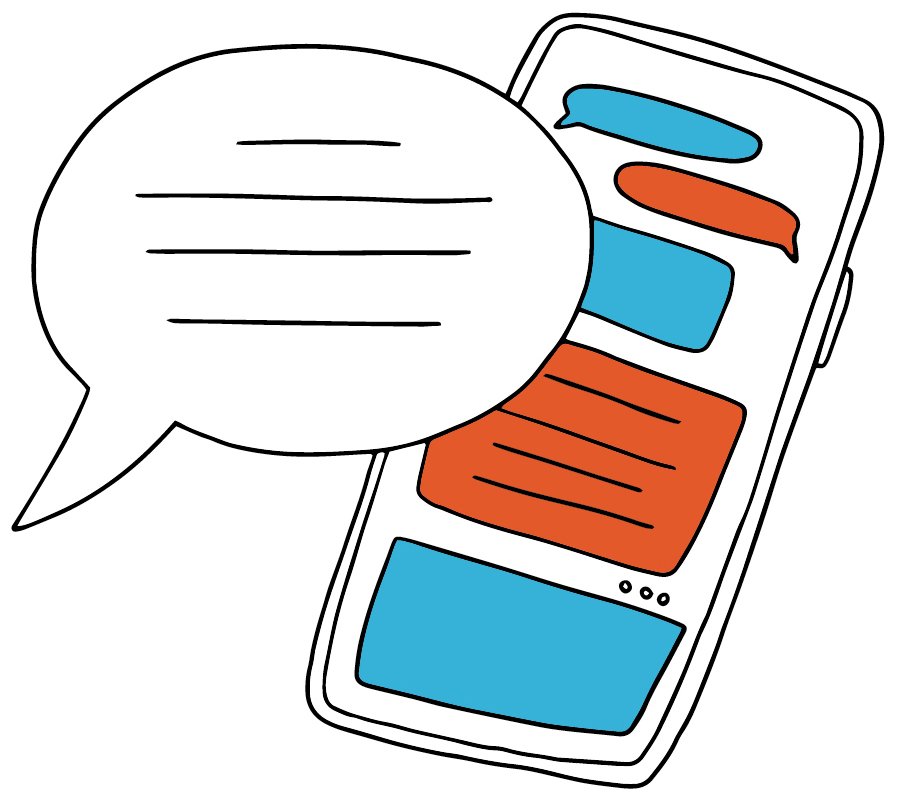
What Employers Should Consider
There are many ways that employers can provide simple supports to help their curious and creative employees8:
- Focus on what the employee can do, rather than what they can’t.
- Provide additional time to complete tasks.
- Encourage employees with dyslexia to break projects down into manageable chunks.
- Foster a culture of creativity, visualization, and group problem solving.
- Offer text-to-speech tools on electronics, recording devices, etc.
- Articulate understanding and patience to employees with dyslexia.
- Foster an environment where employees feel comfortable disclosing their dyslexia.
- Provide disability and inclusion awareness training.
- Give employees opportunities to communicate verbally, graphically, and in writing.
- Provide positive feedback.
- Listen, learn, and remain open minded to the strengths of all employees, especially those with dyslexia.
- Provide opportunities for employees who think and problem solve differently to share their thinking and creativity.
Honesty Is the Best Policy
"Having dyslexia often means that you have the grit, determination, and ability to overcome adversity."
–Kevin Roberts, Landmark Guidance Counselor
Suzanne Crossman and Kevin Roberts in Landmark’s Transition and Guidance department said, “Consider careers that take advantage of your strengths, and don’t listen to the voices asking you to conform to societal norms.” Most people with dyslexia do not want to divulge their dyslexia to their employers. However, when asked if someone with dyslexia should share this in the interview process, Suzanne offers, “Consider your strengths and articulate those to any prospective employer. You are interviewing them as much as they are interviewing you. If the job and the employer don’t appreciate what you can offer, maybe that’s not where you want to work.” Kevin adds, “Having dyslexia often means that you have the grit, determination, and ability to overcome adversity. Use these qualities to help boost your confidence and don’t apologize for your learning style.”
Alumni Advice
Hillah Cullman ’01
Every year I reread the book The First 90 Days: Proven Strategies for Getting Up to Speed Faster and Smarter,
and then I create a month-by-month road map of everything that needs to get done in that year. There are a lot of apps out there that are your friend and will keep you honest. I use my Outlook calendar as a reminder tool for me and my colleagues. If you can color code the initiatives on the calendar, even better! Everyone should have a subscription to Grammarly.

Jake Andrews ’07
“When you work on your own, you need to be self-sufficient and get the job done. I learned that when I hit a roadblock I stop, take 10 minutes, compose myself, and try to find a way to work through the problem. There’s always a solution, you just have to be in the right state of mind to figure it out.”

Dylan Shrier ’15
- Question everything, network, take risks, hustle, and believe in yourself.
- Since I am slow at processing and sometimes understanding information, I ask a million questions to learn more quickly and make my workflow easier.
- In the creative design industry, you have to hustle early in your career. You start out at the bottom, and you slowly make your way up. If you stay positive, do your job, work your tail off, and maintain your connections, doors will open for you.
- The most important thing is to believe in yourself. The real world is overwhelming, but by focusing on your strengths and toolkit from what Landmark and college have taught you, it will make you prepared and confident to take on anything ahead.

Max Ash ’23, Inventor of Max’IS Creations®
Since second grade, Landmark senior Max Ash has been committed to three things: school, golf, and his brainchild and business, MAX’IS Creations. We recently asked Max about his experience as an innovator and entrepreneur and here’s what he said.
Lantern: What has been the most valuable lesson you have learned from founding and helping to run your business?
Max: The most meaningful lesson for me has been realizing that the ability to find the best-fit people to work with is challenging but essential. Since I was so young, I started MAX’IS Creations® slowly, and I would recommend being patient with the process.
Lantern: What do you plan to do after leaving Landmark?
Max: I am planning to study astronomy in college along with playing competitive golf. After I graduate, I will attempt to make it onto the PGA Tour. When I settle down, I hope to work at NASA/SpaceX.
Lantern: What are some ways that your learning style has been an advantage to you in running MAX’IS Creations®?
Max: Dyslexia helps me think differently and innovatively. My business’s success has enabled me to support organizations that directly impact other people with learning disabilities, such as Understood.org and Made by Dyslexia.
Learn more about Max’s story and inventions.
Well-known Entrepreneurs Who Have Dyslexia7:
Max Ash ’23, Landmark School senior and inventor of The Mug With a Hoop
Richard Branson, business mogul
Barbara Corcoran, real estate mogul
Ben Foss, inventor of the Intel Reader, mobile text to speech reader
Reyn Geyer, inventor of the Nerf ball and many other items
Stan Gloss, co-founder of BioTeam
Daymond John, founder of FUBU and many other companies
Tommy Hilfiger, fashion designer
Ingvar Kamprad, founder of IKEA
David Neeleman, founder of JetBlue
Paul Orfalea, founder of Kinkos
Charles Schwab, founder of multinational investment firm
Diane Swonk, economist and author

Dyslexia Guidebook
Download the Dyslexia Guidebook or view it as a digital flip book.
Purchase Printed Copies
Want printed copies of the Dyslexia Guidebook? You can purchase sets of 25 through Landmark Outreach.
Citations
1 Made by Dyslexia. (2022, July 7). Dyslexic thinking campaign film. YouTube. Retrieved January 23, 2023
2 Taylor, H., & Vestergaard, M. D. (2022). Developmental Dyslexia: Disorder or Specialization in Exploration? Frontiers in Psychology, 13.
3 Hiring in the Specialty Insurance Field? People with Dyslexia Can Be an Asset. (2022, November 10). Risk & Insurance.
4 The value of dyslexia Dyslexic capability and organisations of the future Acknowledgements and information. (n.d.).
5 New Research Reveals Many Entrepreneurs Are Dyslexic. (n.d.). www.amanet.org.
6 Dyslexia: Learning Disability or Entrepreneurial Advantage? (n.d.). Www.landmarkschool.org.
7 Entrepreneurs Who Learn and Think Differently. (n.d.). www.understood.org. Retrieved November 9, 2022
8 Dyslexia in the workplace: Daily challenges. (n.d.). www.understood.org.
Posted in the category Learning Disabilities.





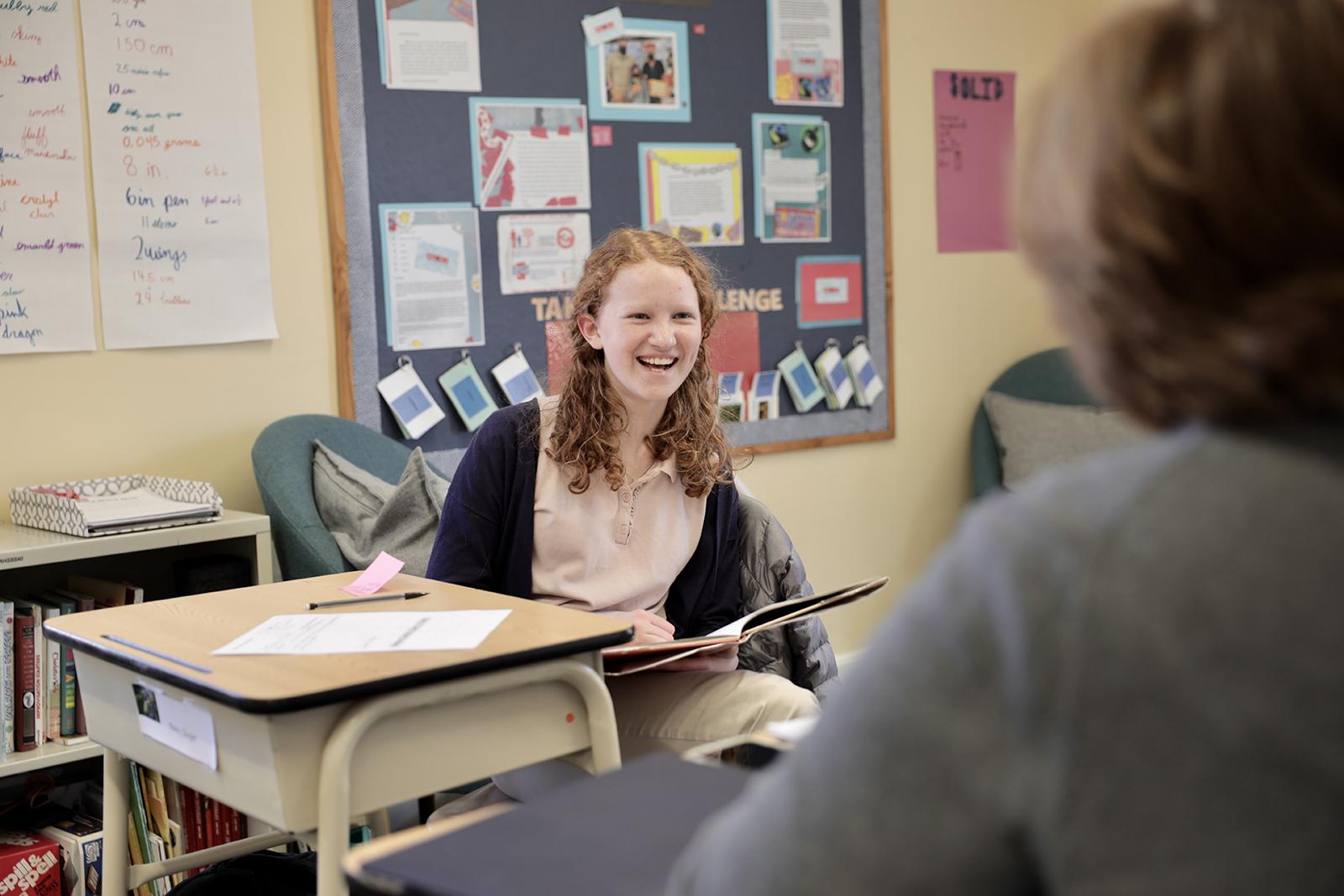
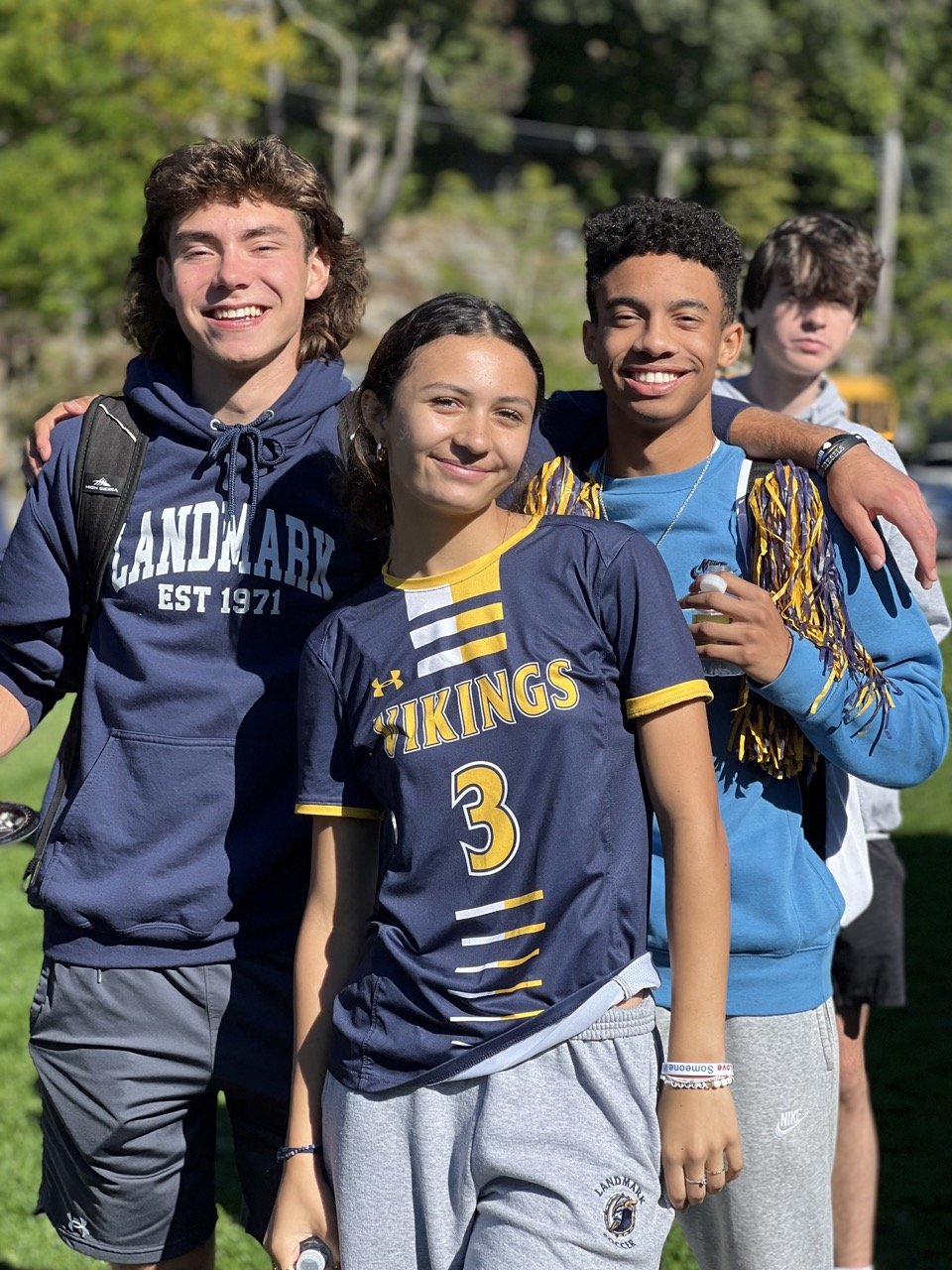

.jpg?v=1652115432307)









